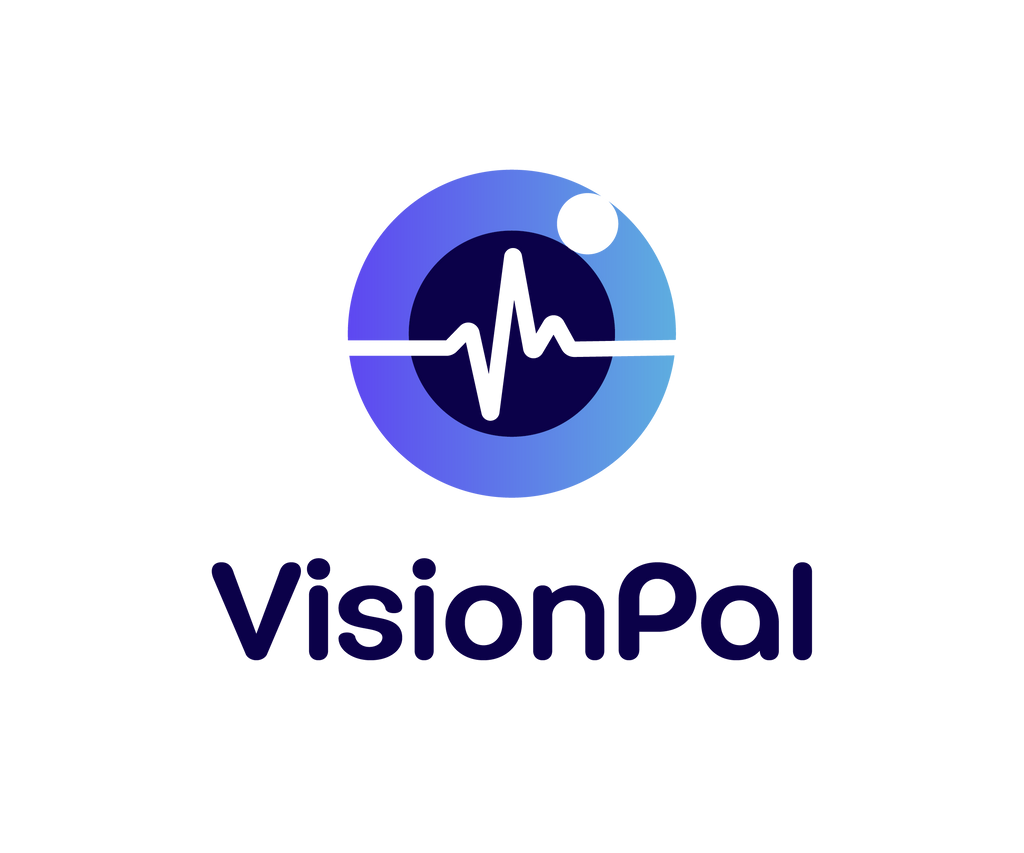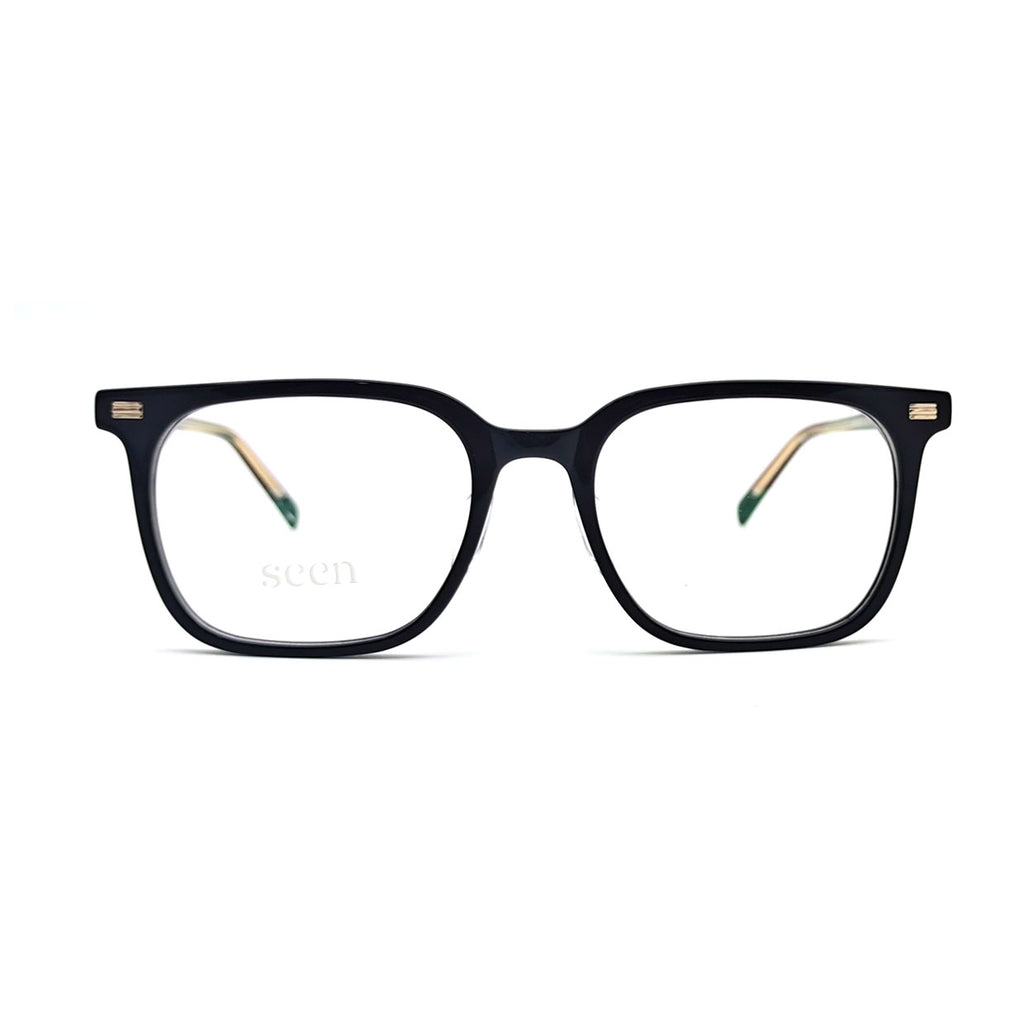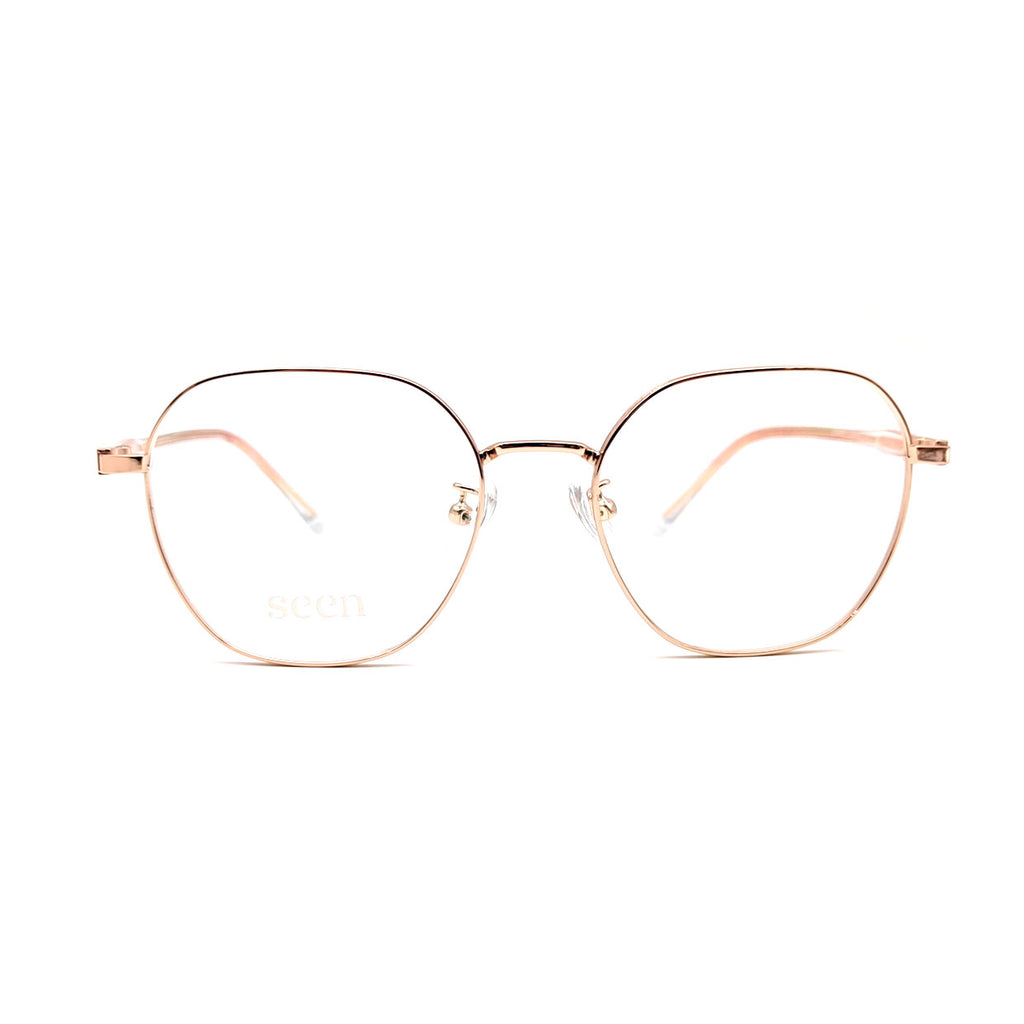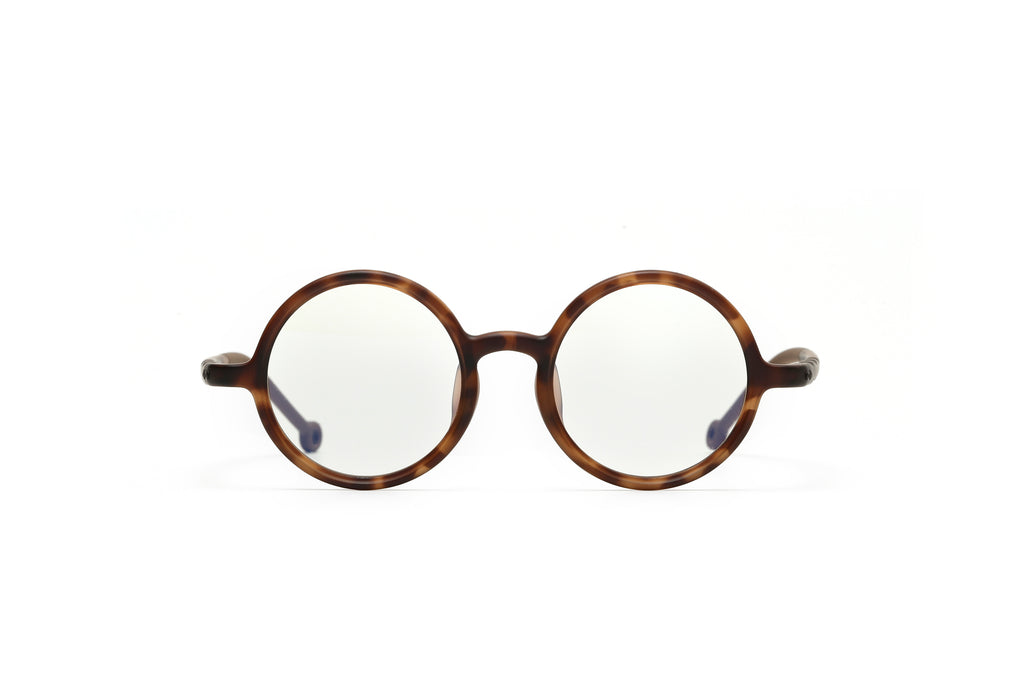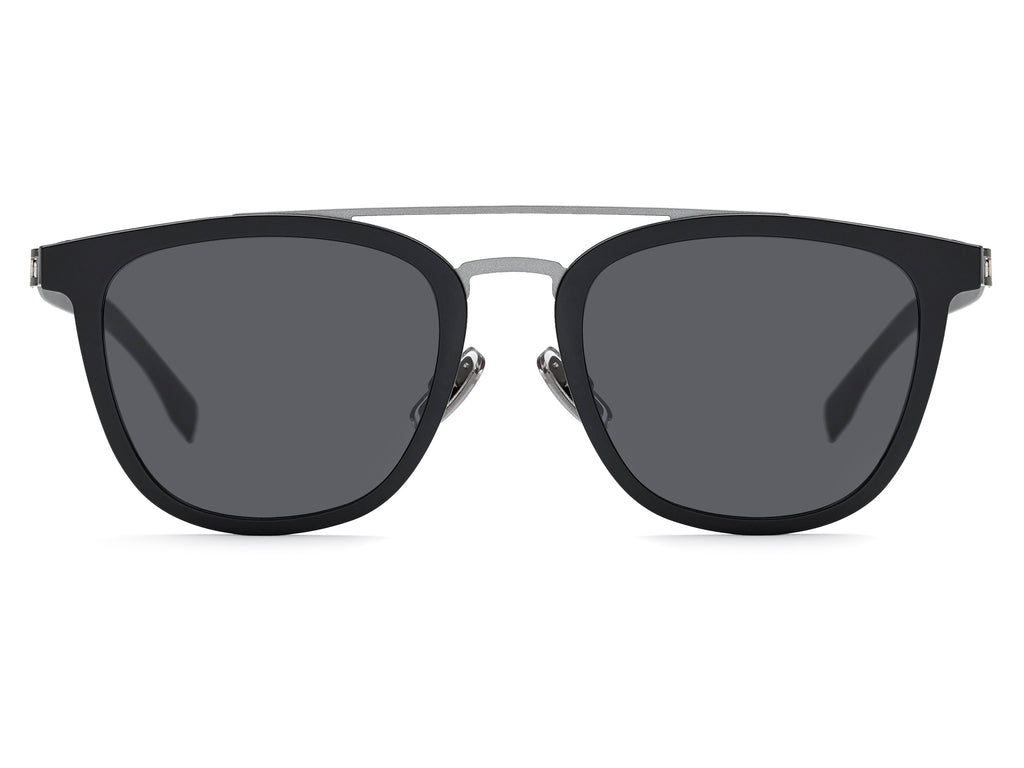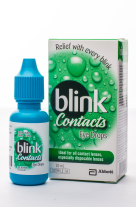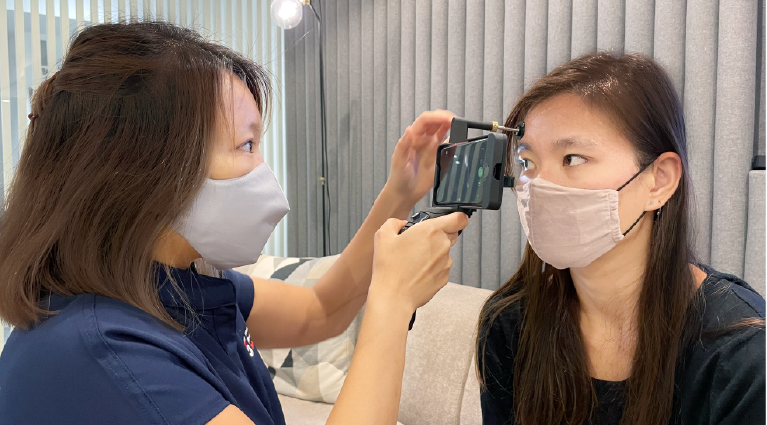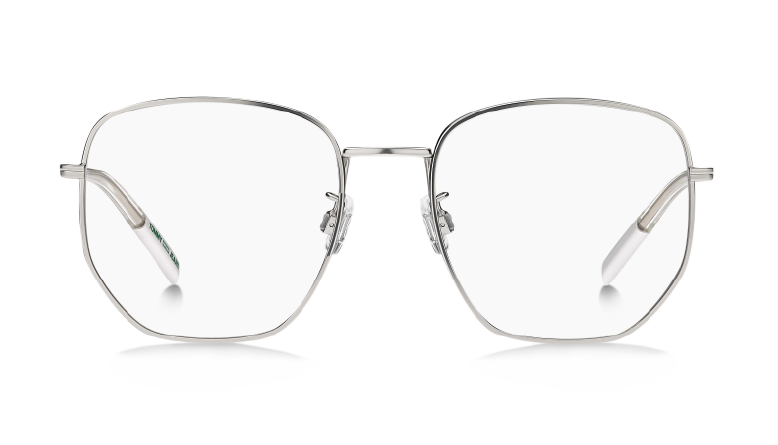
What You Need To Know About Glaucoma And How To Protect Yourself
Glaucoma is a serious eye disease that can damage your optic nerve and vision. It's the number one cause of irreversible blindness for patients over 60. But there are ways to protect yourself from glaucoma, and awareness is critical. Here are some facts about glaucoma that you need to know.
What Is Glaucoma?
An eye disease that damages the optic nerve, which connects your eyes to your brain. The optic nerve is essential in sending visual information from the eye to the brain, hence responsible for optimal vision.
When Is Glaucoma Awareness Month?
January is National Glaucoma Awareness Month! This is a necessary time to learn about glaucoma and how to protect yourself from this devastating disease. There are several ways you can help raise awareness: Talk to your doctor, family, and friends about glaucoma risks. Share information about glaucoma on social media and other online platforms. Attend events and screenings to learn more about the disease.
Types Of Glaucoma
There are many types of glaucoma; the two most common are open-angle glaucoma and angle-closure glaucoma.
Open-angle glaucoma:
The drainage angle between the iris and cornea remains open, yet a marked decrease in the efficiency of fluid drainage can occur, which may gradually elevate eye pressure.
Angle-closure glaucoma:
The drainage angle between the iris and cornea of your eye narrows, which may partially or entirely hinder drainage outflow. This causes fluid to accumulate quickly, leading to a sudden surge in eye pressure and damage to the optic nerve. As a result, this glaucoma is more common and causes a quicker onset of vision loss.
Causes Of Glaucoma
There is no one cause of glaucoma, but it happens when the fluid inside your eyes, known as aqueous humour, accumulates in the eye. This occurs when the drainage angle is narrowed or closed or when the eye produces excessive aqueous humour.
Age: Glaucoma is more common as we age.
Family history: If your family has a history of glaucoma, you're at a higher risk for developing the disease.
Smoking: Smoking cigarettes increases your risk of developing open-angle glaucoma by 50%.
RAGE (Risk Factors And Genetic Environments) Study Results:
One study found that people with a combination of high blood pressure and high blood sugar have an 80% chance of developing angle-closure glaucoma over their lifetime.
Gender: Women are typically diagnosed with glaucoma later in life than men.
Occupation: Glaucoma is more common among people who work in professions with high exposure to sunlight or other bright light, such as farmers, construction workers, and pilots.
Signs And Symptoms Of Glaucoma
There are several signs and symptoms of glaucoma, but most people don't experience them all.
Am I At Risk Of Glaucoma?
There is no one-size-fits-all answer to this question, as the risk of glaucoma varies depending on your circumstances. However, your doctor must check your eyes regularly if you are at risk for glaucoma and have any of the above factors.
Everyone is at some risk for glaucoma, but some factors make you particularly vulnerable.
Treatment For Glaucoma
There is no cure for glaucoma, but various treatments can help improve vision and prevent further damage to the optic nerve. These include glasses, laser surgery, intraocular lenses (IOLs), and eye drops.
Glaucoma Prevention
You can’t prevent glaucoma. But if you find it early, you can lower your risk of eye damage. These steps may help protect your vision:
- Have regular eye exams. The sooner your doctor spots the signs of glaucoma, the sooner you can start treatment. All adults need to be checked for glaucoma every 3 to 5 years. If you’re over age 40 and have a family history of the disease, get a complete eye exam from an eye doctor every 1 to 2 years. If you have health problems like diabetes or are at risk of other eye diseases, you may need to go more often.
- Learn your family history. Ask your relatives whether any of them have been diagnosed with glaucoma.
- Follow your doctor’s instructions. For example, if they find that you have high eye pressure, they might give you drops to prevent glaucoma.
- Exercise. Do moderate activity like walking or jogging at least three times a week.
- Protect your eyes. Use protective eyewear when playing sports or working on home improvement projects.
References:
- Diabetic retinopathy. (n.d.)
aoa.org/patients-and-public/eye-and-vision-problems/glossary-of-eye-and-vision-conditions/diabetic-retinopathy?sso=y - Facts about diabetic eye disease. (2015, September)
nei.nih.gov/health/diabetic/retinopathy - Mayo Clinic Staff. (2015, March 20). Diabetic retinopathy: Causes
mayoclinic.org/diseases-conditions/diabetic-retinopathy/basics/causes/con-20023311
In same category
What is Arcus Senilis also know as Cholesterol Rings ? : A Sign of Aging Eyes
From Metal to Wood: Finding the right pair of glasses
Discover the World of Eyewear Materials: The seemingly simple choice of eyewear frames goes beyond mere aesthetics, profoundly influencing our daily lives in terms of...
The Future of Eye Screenings: VisionPal Studio's Approach to Preventive Eye Care
VisionPal is revolutionizing the world of eye care with the launch of its innovative studio on the 9th of March 2024. Offering a unique blend...

